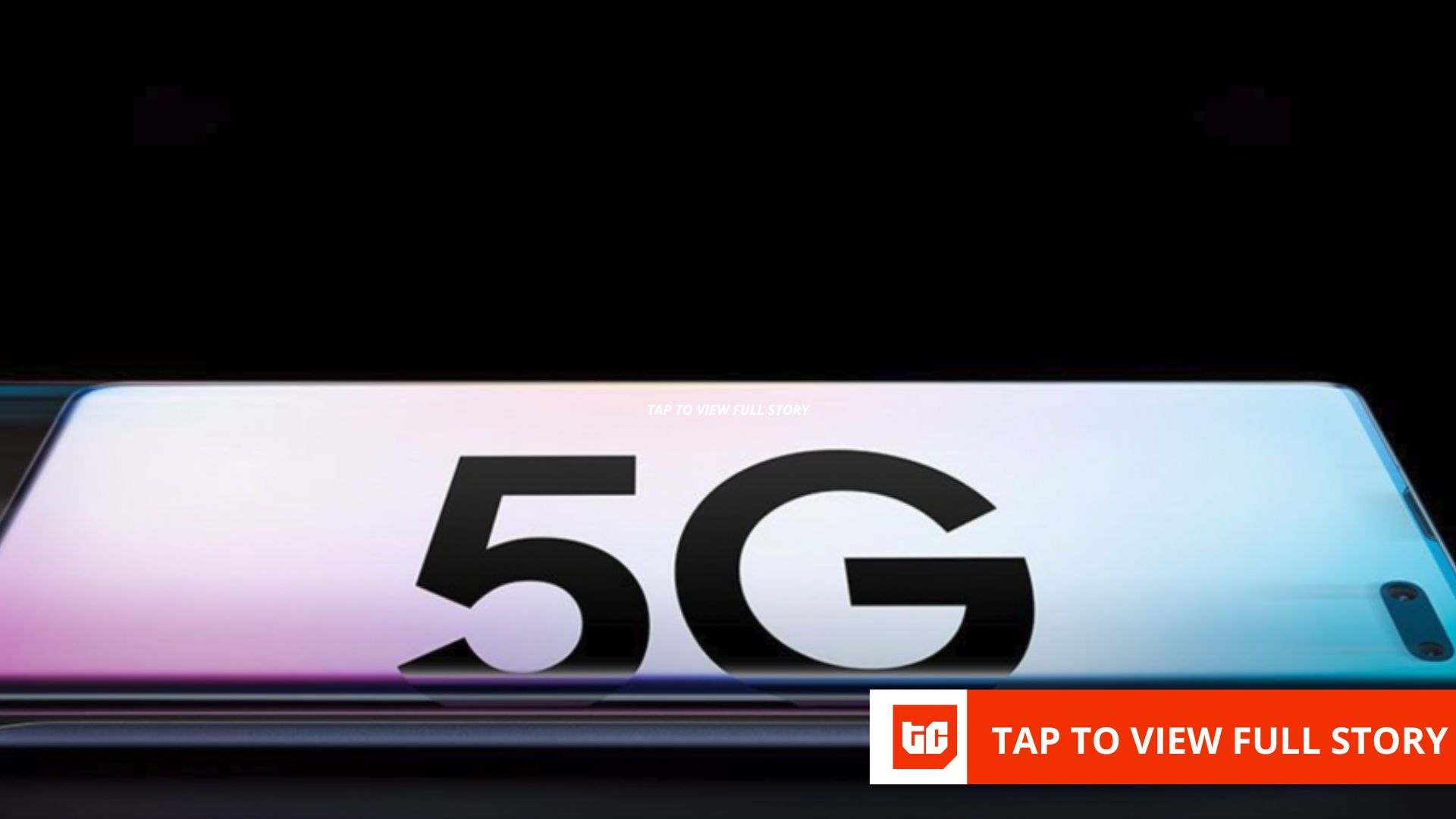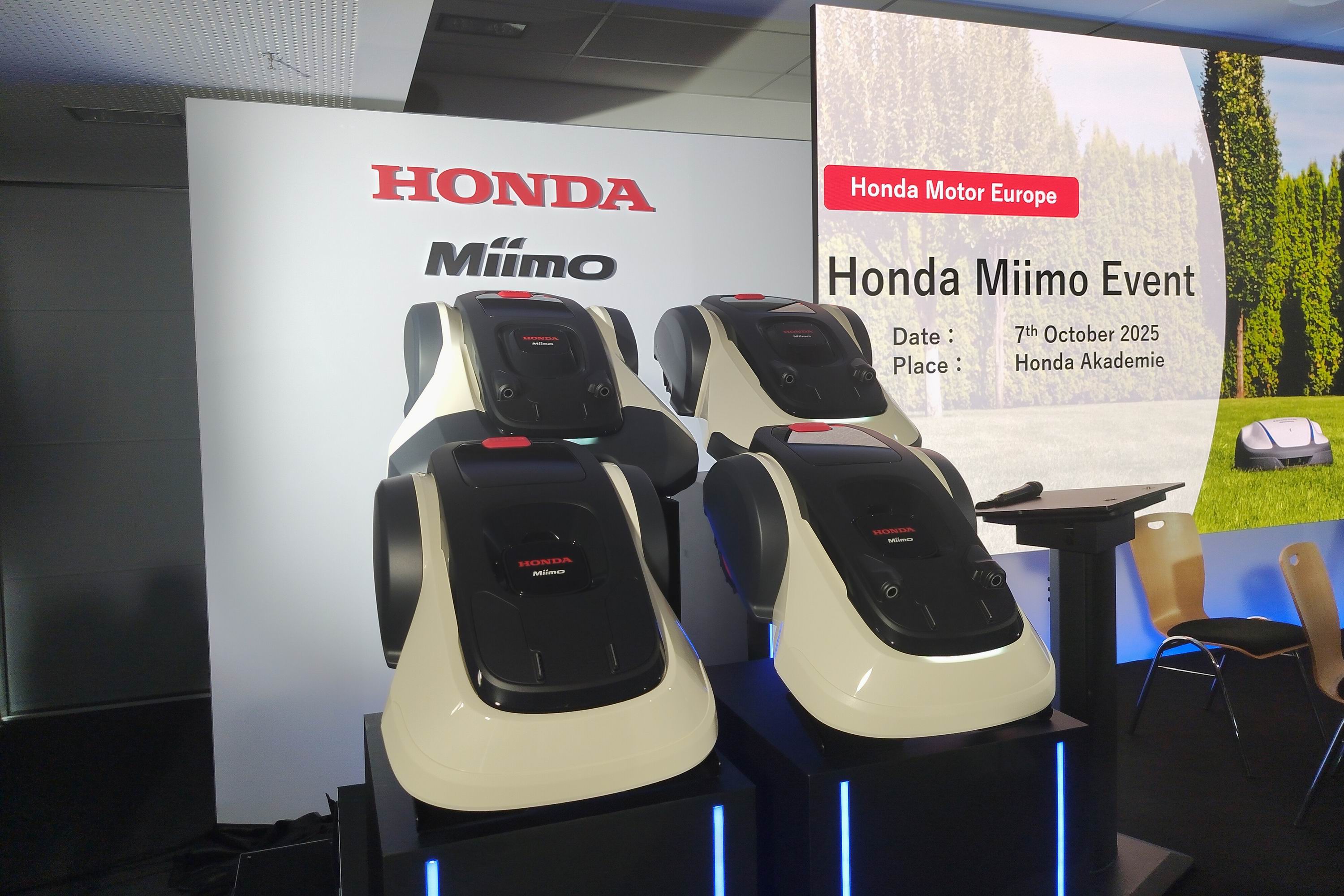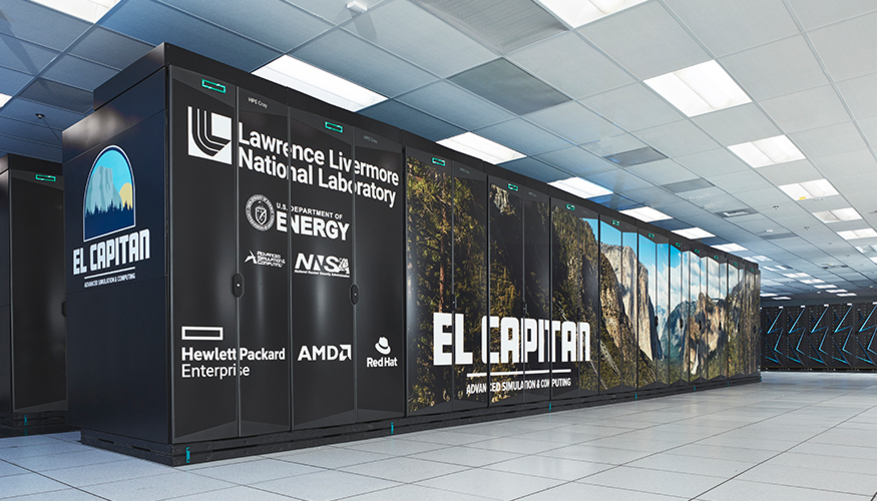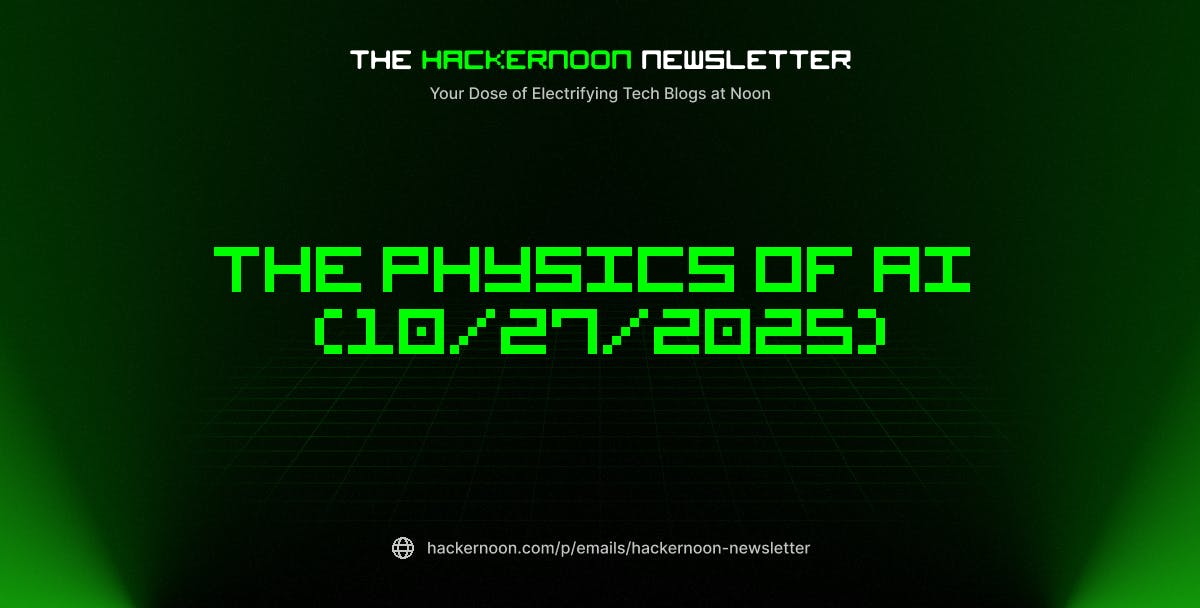Nigeria may be Africa’s largest smartphone market, but the country’s transition to next-generation connectivity remains slow. Despite being Africa’s largest mobile market—with over 170 million active mobile users—only about 3% (roughly 5 million people) currently use 5G services, according to new data from the Nigerian Communications Commission (NCC). While the country has made progress deploying next-generation networks, the gulf between access and adoption remains stark.
Findings from the NCC’s Nigeria Network Performance and 5G Opportunity Analysis, developed in partnership with global internet analytics firm Ookla, show that 5G use is heavily concentrated in Lagos and the Federal Capital Territory (FCT).
Even in these cities, the report highlights significant coverage deficits—an average 70% 5G gap in Lagos and 65.6% in Abuja—revealing how limited true 5G availability remains.
Outside these hubs, most Nigerians still depend on slower 2G and 3G networks, widening the country’s digital divide. The lack of reliable, high-speed connectivity continues to restrict access to digital services such as e-commerce, online education, and mobile banking, particularly in rural and low-income regions.
Currently, 4G remains Nigeria’s dominant broadband technology, with 51% adoption, while 3G use has dropped to 7% as operators phase it out. Meanwhile, 2G networks still serve 38% of mobile users, reflecting the enduring prevalence of basic feature phones in much of the country.
While telecom operators like MTN and Airtel continue to expand their 5G footprints, affordability remains a major obstacle. As of 2025, entry-level 5G smartphones cost between ₦160,000 and ₦200,000 ($114–$143), roughly three times the national minimum wage. Mid-range devices range from ₦250,000 to ₦400,000 ($179–$286). Premium models like the iPhone 15 series and Samsung S24 Ultra retail between ₦1 million ($714.29) and ₦3 million ($2,142.86), far beyond the reach of most Nigerians.
The GSMA estimates that an entry-level smartphone still costs about 48% of a low-income earner’s monthly income, leaving millions reliant on older 3G and 4G devices.while premium models like the iPhone 15 or Samsung S24 Ultra can reach ₦3 million ($2,142). According to GSMA, the average entry-level smartphone still consumes nearly half of a low-income earner’s monthly income, keeping millions of Nigerians reliant on older 3G and 4G handsets.
Data shows that MTN, Nigeria’s first 5G operator, currently delivers the strongest national performance, with consistently high download, upload speeds and low latency. Airtel follows closely, excelling in download speeds but still showing room for improvement in latency. However, even among these top operators, 5G performance lags, with coverage gaps of over 70% in Lagos and 65% in Abuja. This means that even users with 5G-capable phones often cannot access the network consistently. Mafab Communications, which holds a 5G licence is yet to launch, three years after securing the licence.
The NCC’s data paints a mixed picture: a fast-digitising economy held back by uneven access and affordability barriers. With smartphone penetration projected to exceed 70% by 2026, Nigeria’s mobile future is bright—but only if connectivity keeps pace.
To achieve this, the NCC urges accelerated investment in 4G and 5G infrastructure, especially in underserved areas. Closing the digital divide will require not just network expansion but also policies that make devices more affordable through local assembly, tax incentives, and financing schemes like Buy Now, Pay (BNPL).
Until then, the promise of 5G for most Nigerians remains aspirational—a technology available in name, but out of reach in practice.
Editor’s Note: An earlier version of this article wrongly quoted 57,200 as the number of 5G devices available in the country. The article headline and body have been updated on Oct. 27, 2025 to reflect the accurate 5G adoption status and figure: ~5 million.












